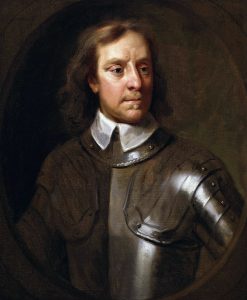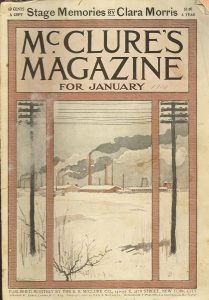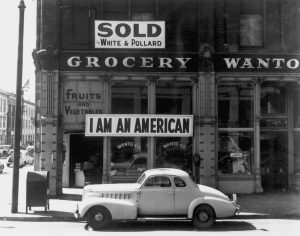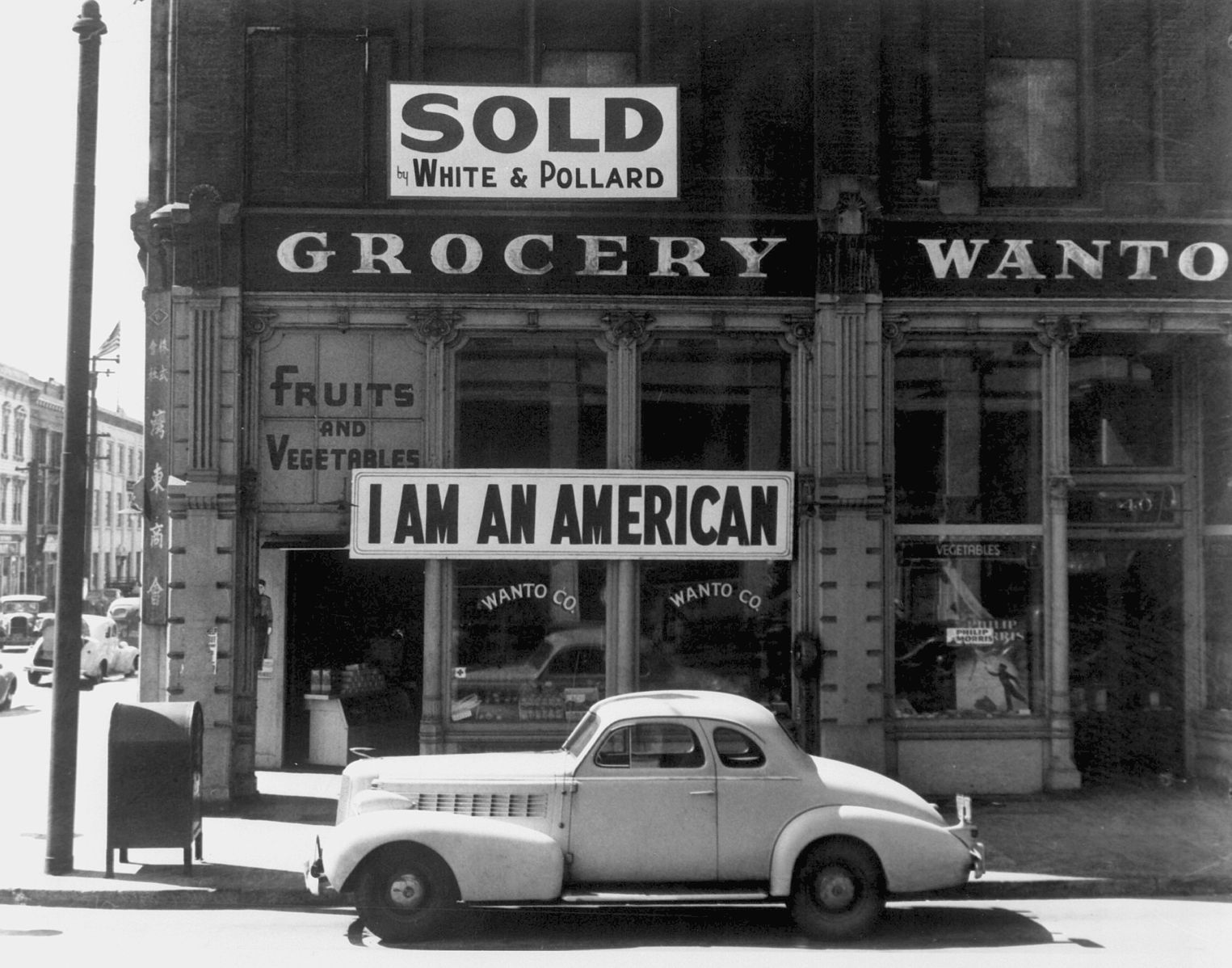
Continuing with our series on eras and events that we think would make for great television, I’ve pulled together my own list of ideas. Make sure to check out Bryan’s and Ryan’s as well.
The English Civil War—Enough with the Tudors! The rest of English history needs some love. Imagine a sprawling Game of Thrones-type epic set in mid-seventeenth century England. The period has political intrigue and violence galore, and unlike another series about the Real Housewives of King Henry VIII, the English Civil War is not so well known (at least in the US) as to spoil the twists and reversals that made the period so tumultuous and gripping.
Any show featuring the decades-long story of the English Civil War would have to unfold over several seasons. The first could begin in 1642 just as tensions between King Charles I and Parliament reach a fever pitch. The next season would feature the rise of Oliver Cromwell, the demise of Charles I, and the emergence of the Rump Parliament. Parallel developments in Ireland and Scotland would enable producers to set an ensemble cast against a wide array of hauntingly beautiful settings. These subplots would come to a head with Cromwell’s conquest of Ireland and the coronation of Charles II as King of the Scots at the end of the second season. The third season could start with the war against Charles II, then jump ahead after the Royalists’ defeat to Cromwell’s dismissal of the Rump Parliament (“In the name of God, go!”) and his efforts to restore order to England.
Where would the show end? There’s no satisfying point to conclude the story of the English Civil War. I think the final episode would have to include the death of Oliver Cromwell, followed by an epilogue that skips ahead to the Restoration and the desecration of Cromwell’s body. But perhaps instead of ending it there, the producers should somehow represent the legacy of the English Civil Wars. How? That is a question I leave up to the writers’ room.

Recommended Reading: Mark Kishlansky, A Monarchy Transformed.
The Progressive Era—Continuing in the theme of political dissent—albeit a less violent variant than that of 1642—America’s Progressive Era of the early 1900s offers another colorful backdrop for a television series. Rather than focus on the great men of American history, such a series would be an opportunity to give a new voice to the ordinary men and women working to expose the graft and greed of America’s halls of power. Even as their targets branded them muckrakers (the early twentieth century equivalent of “FAKE NEWS”), these journalists co-opted the slur and worked tirelessly to explore political corruption, industrial malpractice, and social iniquities. Story lines could explore the work and personal lives of journalists like those at McClure’s Magazine. Progressive politicians like Teddy Roosevelt should also be allowed a cameo, but they shouldn’t be allowed to dominate the show. That’s not in the spirit of the Progressive Movement, even if they were vital to reforming the system from within. Aaron Sorkin’s The Newsroom, with its blend of drama and humor, could be the perfect model.
If nothing else, a series set during the Progressive Era would embrace the tradition of the Free Press as America’s conscience, and perhaps inspire a new generation of young activists to keep faith in reform in the face of more cynical readings of America’s failings.
Recommended Reading: Doris Kearns Goodwin, The Bully Pulpit: Theodore Roosevelt, William Howard Taft, and the Golden Age of Journalism.

Japanese Internment During World War II—But not all shows about history should thrill us or make us proud of how far we’ve come. We need also need sober series that prompt us to reflect on who we are as a nation. The time is more than ripe for a drama that puts Japanese internment in front of the eyes of a national audience. George Takei’s Allegiance recently brought this story to Broadway, but the theatre can only represent the hardship of life in these camps, whereas modern television budgets can bring it to life.
Two Homelands, the novel I recommend below, would make for an excellent adaptation as a mini-series. It details the lives of several generations of a Japanese-American family as they are torn apart by the Second World War. One son joins the Japanese military while his two brothers enter the United States armed forces. Meanwhile, their parents and sisters are forced from their home and sent to live a fraught existence at a concentration camp in California. Two Homelands is a story of divided loyalties, conflicting identities, and the destruction of innocent lives. America would do well to remember that “patriotism” and “American values” are never as straightforward as we like to pretend they are.
Recommended Reading: Toyoko Yamasaki, Two Homelands, translated by V. Dixon Morris.

One reply on “Episodic History: Kevin’s Picks”
I would 100% watch a show about the Japanese internment; “Allegiance” was a wonderful musical as only George Takei could give us. I will make a note of the book you suggested.